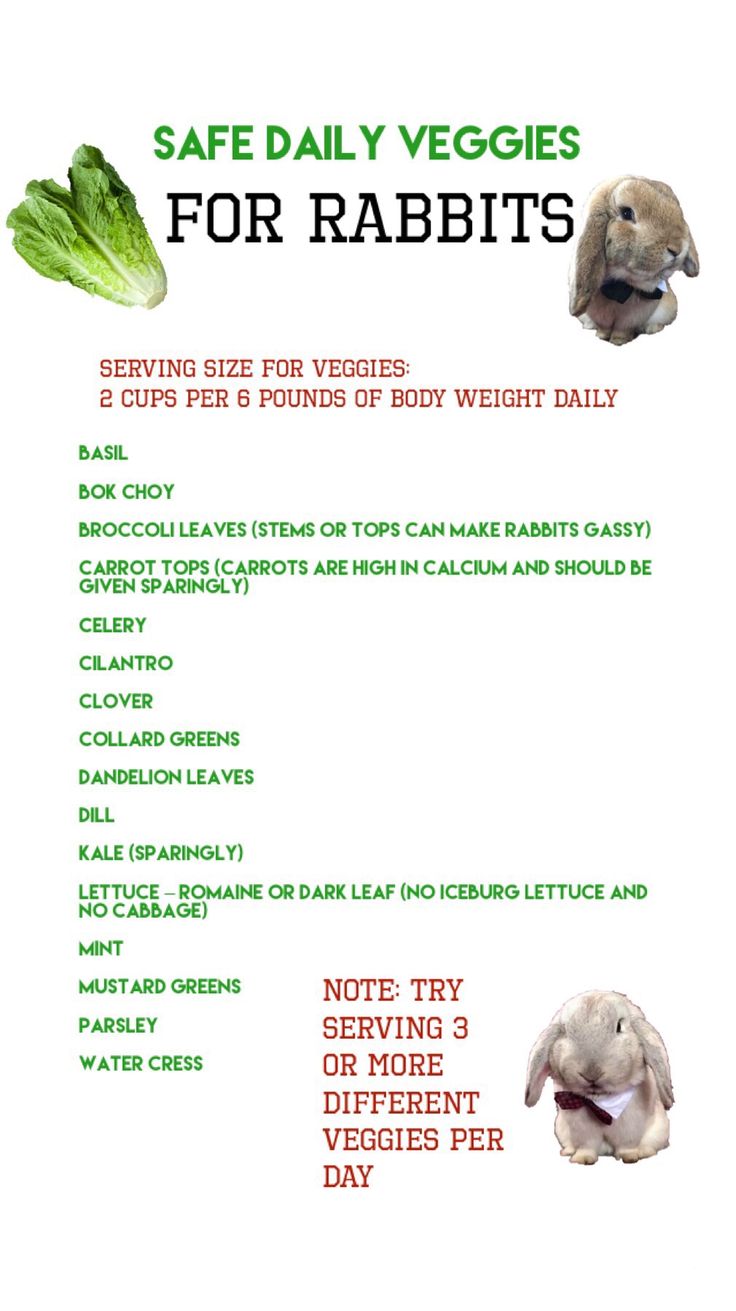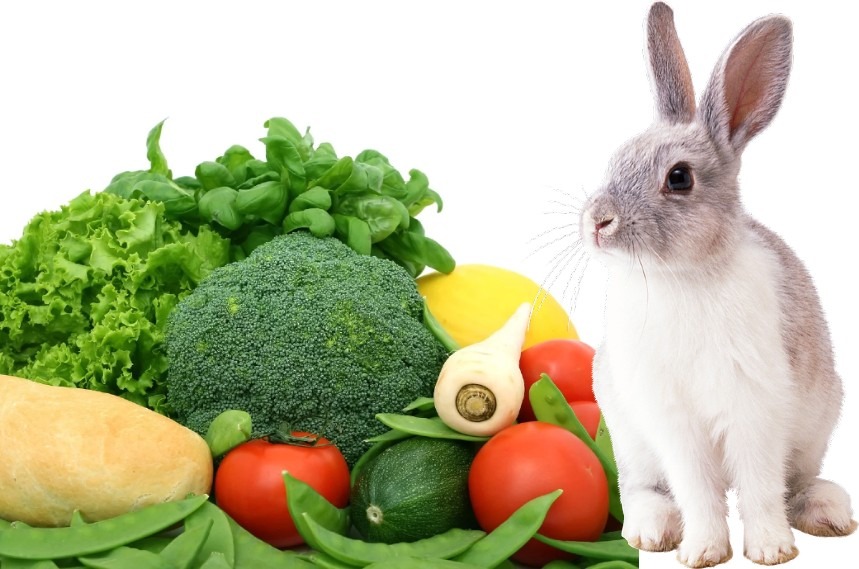Rabbits are adorable and gentle creatures that make wonderful pets. As responsible rabbit owners, it is crucial to provide them with a balanced and nutritious diet. While hay and pellets are essential components of their diet, vegetables play a vital role in ensuring their overall health and well-being. In this article, we will explore the wide variety of vegetables that rabbits can safely consume, providing you with a comprehensive guide to keep your furry friend happy and healthy.

The Importance of Vegetables in a Rabbit’s Diet
Vegetables are an excellent source of essential nutrients, vitamins, and minerals for rabbits. They provide fiber, which aids in maintaining a healthy digestive system and prevents gastrointestinal issues. Additionally, vegetables offer hydration and contribute to a well-rounded diet, promoting overall vitality and longevity in rabbits.
Safe Vegetables for Rabbits
-
Carrots: Carrots are a popular choice among rabbits and are packed with beta-carotene, which is beneficial for their eyesight. However, due to their high sugar content, carrots should be given in moderation.
-
Leafy Greens: Leafy greens such as kale, spinach, and romaine lettuce are excellent sources of vitamins A, C, and K. These greens should be introduced gradually to avoid digestive upset, and it is important to wash them thoroughly to remove any pesticides.
-
Broccoli: Broccoli is a nutritious vegetable that rabbits can enjoy. It is rich in fiber, vitamin C, and antioxidants. However, it should be given in small quantities to prevent gas and bloating.
-
Bell Peppers: Bell peppers are a colorful addition to a rabbit’s diet. They are low in calories and high in vitamin C, making them a healthy and tasty treat.
-
Zucchini: Zucchini is a hydrating vegetable that rabbits can safely consume. It is low in calories and provides essential vitamins and minerals.
Introducing Vegetables to Your Rabbit’s Diet
When introducing vegetables to your rabbit’s diet, it is important to do so gradually. Start by offering small amounts of one vegetable at a time and observe your rabbit’s reaction. If there are no signs of digestive upset, you can gradually increase the variety and quantity of vegetables. Remember to always wash the vegetables thoroughly and remove any seeds or pits before feeding them to your rabbit.
Monitoring Your Rabbit’s Health
While vegetables are an important part of a rabbit’s diet, it is crucial to monitor their health and well-being. Keep an eye out for any signs of digestive issues, such as diarrhea or bloating. If you notice any abnormal behavior or symptoms, consult a veterinarian immediately.
Conclusion
In conclusion, vegetables are a vital component of a rabbit’s diet, providing essential nutrients and promoting overall health. By incorporating a variety of safe vegetables into their diet, you can ensure that your furry friend receives a well-balanced and nutritious meal. Remember to introduce vegetables gradually and monitor your rabbit’s health closely. With proper care and a balanced diet, your rabbit will thrive and live a happy, healthy life.
FAQs
1. Can rabbits eat tomatoes?
Yes, rabbits can eat tomatoes, but they should be given in moderation. Tomatoes are high in sugar and should be treated as a occasional treat rather than a regular part of their diet.
2. Are potatoes safe for rabbits to eat?
No, potatoes are not safe for rabbits to eat. They are high in starch and can cause digestive issues. It is best to avoid feeding potatoes to your rabbit.
3. Can rabbits eat celery?
Yes, rabbits can eat celery. It is a low-calorie vegetable that provides hydration and fiber. However, celery should be given in moderation as excessive consumption can lead to diarrhea.
4. Are onions safe for rabbits?
No, onions are toxic to rabbits and should never be fed to them. Onions contain compounds that can cause damage to a rabbit’s red blood cells, leading to serious health issues.
5. Can rabbits eat cucumbers?
Yes, rabbits can eat cucumbers. They are hydrating and low in calories. However, it is important to remove the seeds before feeding them to your rabbit, as they can cause digestive problems.

